One year of Djokovic's Golden Slam: Lessons from his gains and losses
August 4, 2025, marks the first anniversary of Djokovic's remarkable Golden Slam achievement. On this day last year, at the Roland Garros stadium in Paris, a 37-year-old Djokovic collapsed in tears after nearly three hours of intense battle. The Olympic gold medal—this dream prize he had pursued for five Olympic Games over sixteen years—finally fell into his hands, making him the fifth player in tennis history to achieve a "Golden Slam." At the award ceremony, he repeatedly kissed the medal, as if trying to dissolve the bitterness of twenty years of waiting in the brilliance of that moment. However, less than a year later at Wimbledon, the world witnessed this tennis legend, holding 24 Grand Slam trophies, struggling to rise after a fall, as the new generation's Sinner blocked his path to the finals with fierce attacks. In the post-match press conference, Djokovic calmly stated, "I should be grateful for everything I have. If I complain, it would be a denial of everything that life has given me."
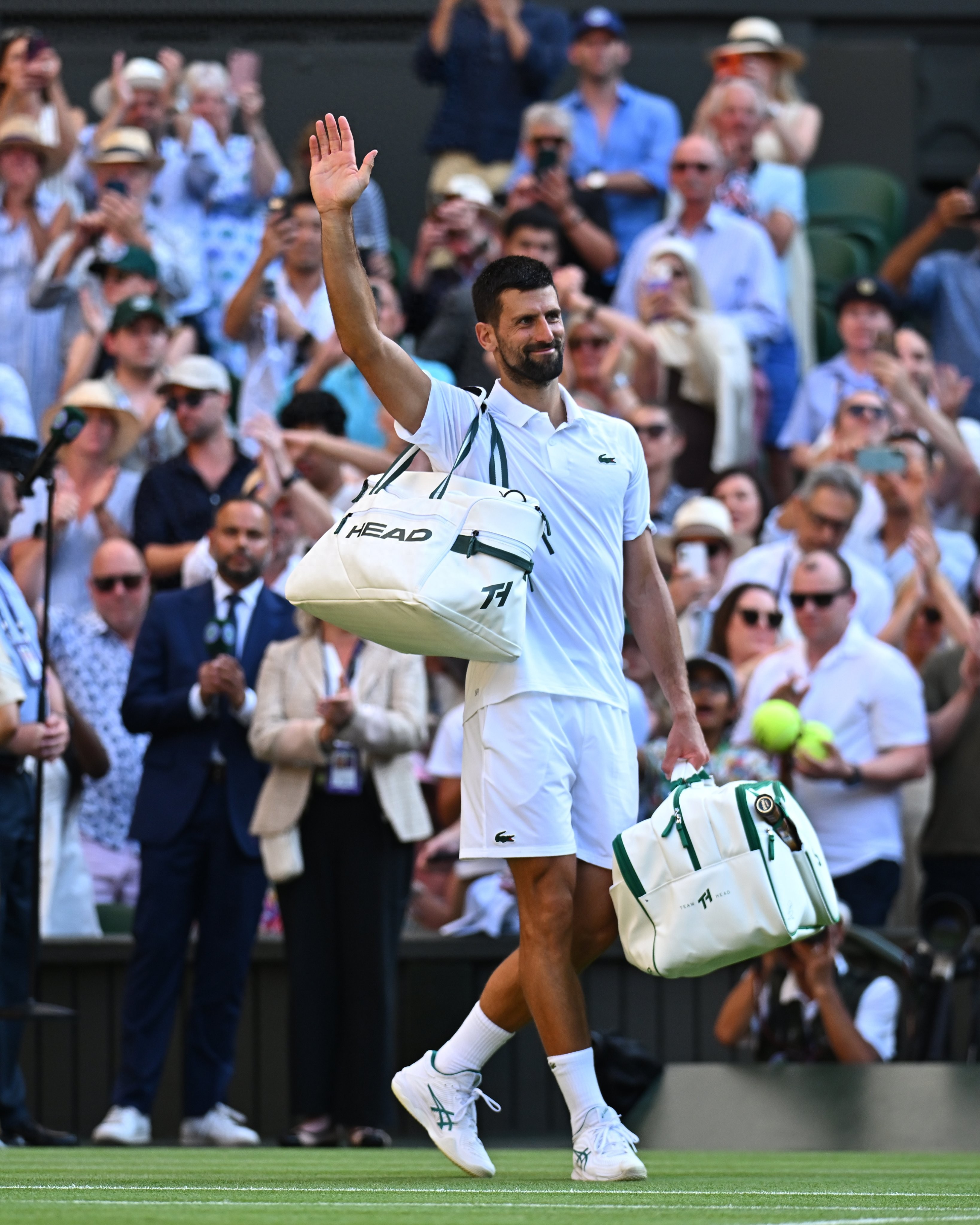
This confession reveals the harsh psychological battles behind the pinnacle of tennis, where the battlefield for top players is not just on the court but also within themselves. Djokovic's calmness after glory subtly mirrors Serena Williams' fate at the 2015 US Open. That year, Serena had already won the Australian Open, French Open, and Wimbledon, just two victories away from a calendar Grand Slam. Facing the Italian veteran Vinci, who had previously lost all four encounters without winning a single set, she won the first set, and glory seemed within reach. However, the tide turned dramatically as Vinci completed a stunning comeback with a score of 2-6, 6-4, 6-4. When the match point landed, Serena's bewildered figure became a turning point in women's tennis—she never regained her peak mentality, and her pursuit of a 24th title after returning from pregnancy was ultimately eroded by the passage of time.
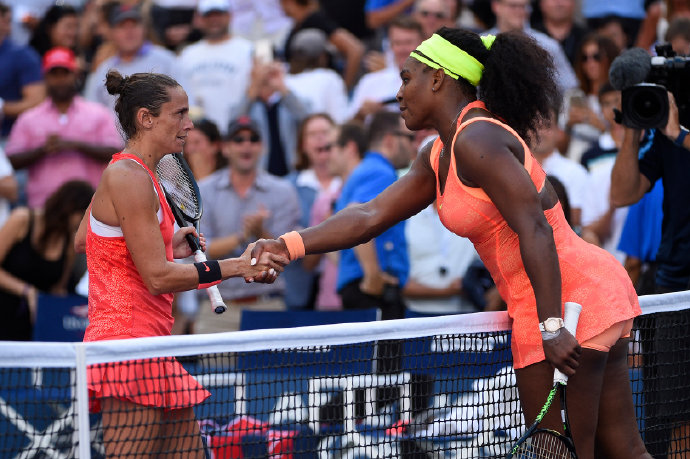
The dilemmas faced by Djokovic and Serena are fundamentally about humanity's eternal pursuit of "more." After Djokovic amassed the Olympic gold medal and 24 Grand Slam titles, the singular obsession with "25 titles" emerged. However, the rise of the younger generation is like a solid wall: Alcaraz and Sinner have claimed nearly all Grand Slam titles in the past two years, while Djokovic reached the semifinals of three Grand Slams this year but fell short each time. Former ATP star Mansour Bahrami frankly stated, "25 titles? There may be a slim chance at the Australian Open, but it will be extremely difficult." Even more cruelly, even if he achieves 25 titles, controversy remains—some will point to the players with the most doubles Grand Slam titles or wheelchair Grand Slam titles, implying that Djokovic still does not truly "hold the first place."
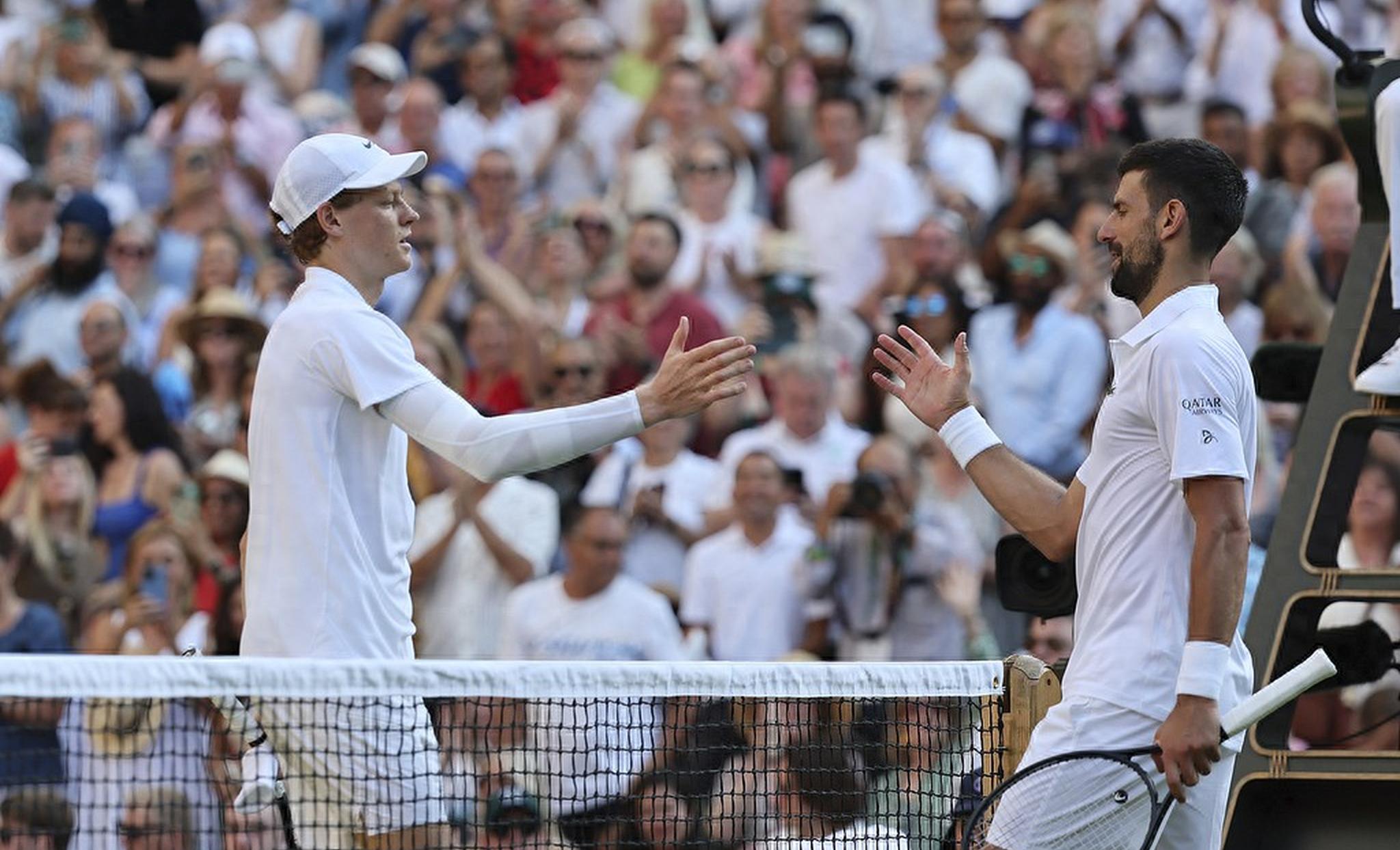
This endless comparison is the cage of champions. In 2015, Serena was not only chasing the calendar Grand Slam but also aiming to match Graf's milestone of 22 titles in the Open Era. When Vinci shattered her double revenge dream at Flushing Meadows, the collapse of Serena's psychological defenses was more shocking than the score. The breakdown of top players often stems from an obsession with what they have yet to achieve, rather than a valuing of what they have already accomplished. Just as De Minaur exhibited "mechanical calm" while saving three championship points in the Washington final, contrasting sharply with his opponent Fokina's psychological collapse—victory in closely matched peak encounters often hinges on a thin line of mental focus.
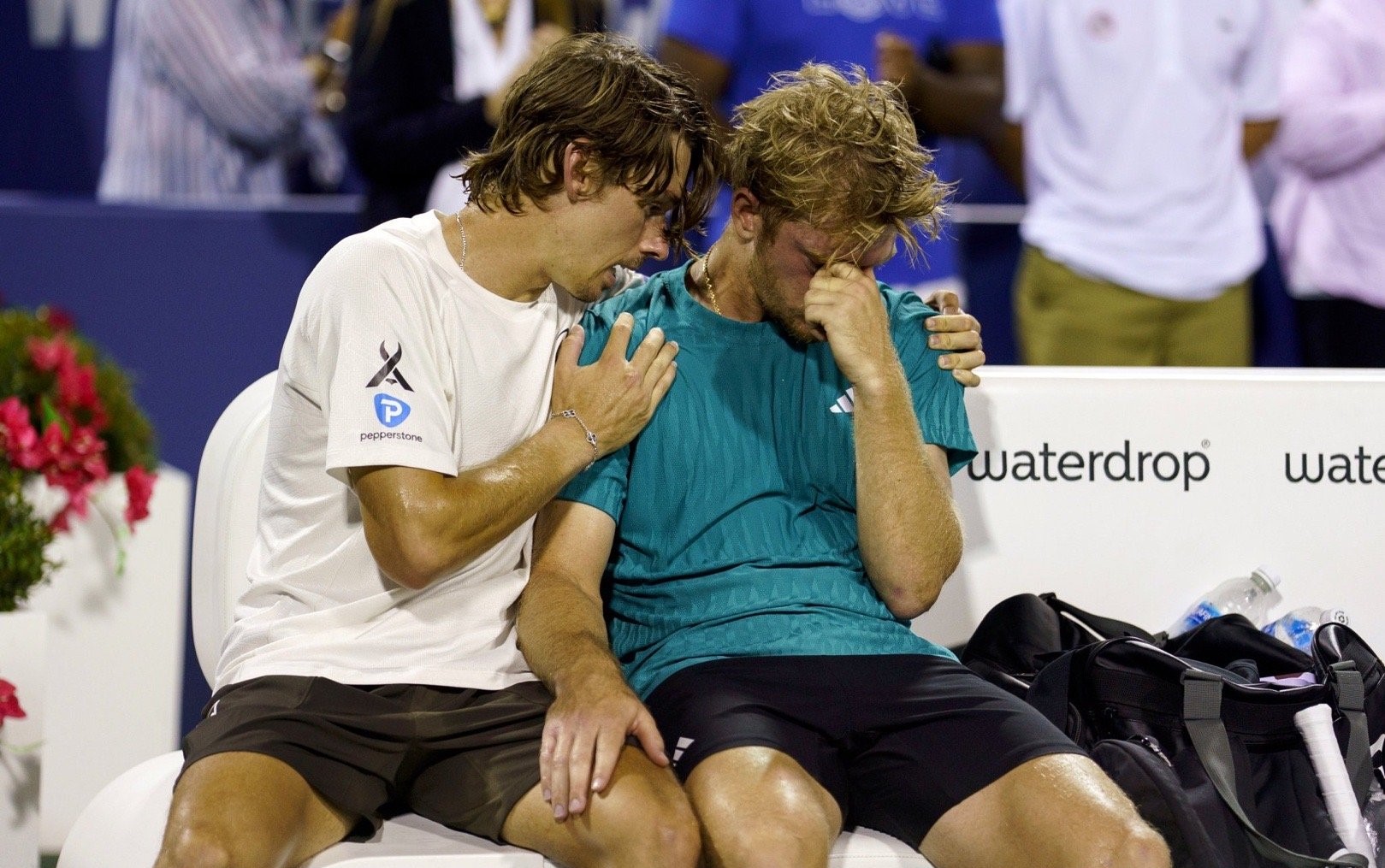
Tennis is known as "the most solitary sport," where players have nowhere to hide on the court, and every psychological crack can be ruthlessly pierced by opponents. Djokovic's resilience comes from his establishment of a self-reconciliation philosophical system. Even when he withdrew from Wimbledon and faced skepticism before the US Open, he still emphasized, "Happiness is a virtue, and gratitude is wisdom." This mindset aligns with Swiatek's team's psychological training—her mental coach Daria Abramowicz uses neurofeedback, visualization training, and cognitive load adjustment to help her maintain a sense of "control" under pressure.

In contrast, Serena's defeat at the 2015 US Open exposed her vulnerabilities in psychological support; there is no evidence that she had a systematic and long-term psychological coaching team like Swiatek's. When the pressure of a calendar Grand Slam and historical expectations crashed down like an avalanche, she still relied on the inertia of her past championships. This inertia crumbled under Vinci's revolutionary slicing and net play. Psychological resilience requires scientific training and long-term development, and cannot simply be compensated for by willpower in the moment. After winning the Olympic gold, Djokovic admitted, "I was even a bit surprised at that moment of victory." The experience of repeatedly failing and fighting for sixteen years is precisely the process of continuously refining one's character.
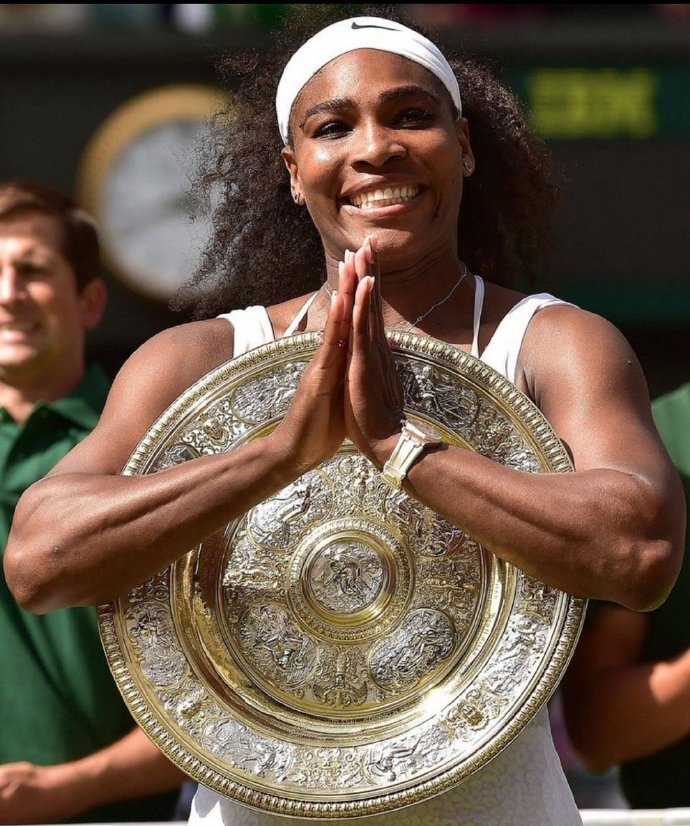
The trajectories of these two superstars intersect in the coordinates of gains and losses: Djokovic achieved the Golden Slam in his twilight years but struggles to attain 25 titles; Serena holds 23 Grand Slam titles but forever misses the calendar Grand Slam. Their struggles reflect the ultimate paradox of competitive sports— the greater the achievement, the deeper the sting of unfulfilled ambitions. Djokovic's wisdom lies in transforming "having" into a shield rather than a shackle; when reporters asked about the possibility of retirement, he responded calmly, "Why would my body be worse at 39 next year? Should I give up? No, I will continue to seek opportunities." Djokovic's words echoed in the Wimbledon press room, carrying a clarity born from enduring hardships. This is not a declaration of youthful arrogance, but a veteran who has seen through the brutal essence of competition, anchoring his coordinates in the river of time. This "not giving up" is no longer a greedy pursuit of victory, but a solemn inquiry into one's limits and the deepest respect for one's professional life.
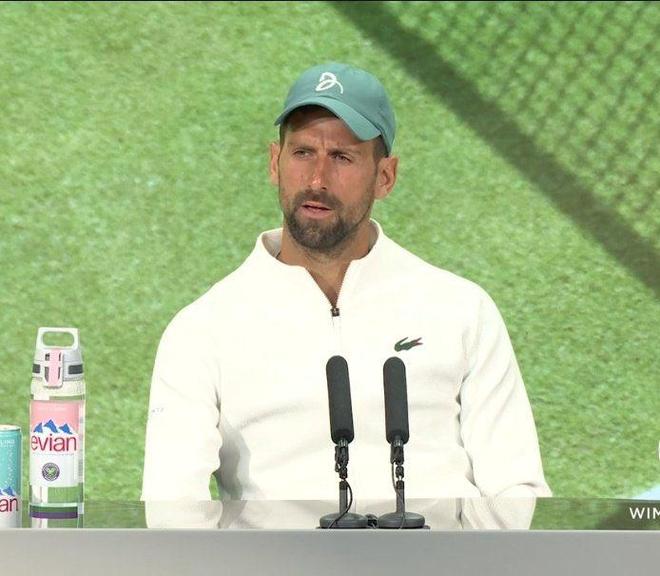
This "continuing to seek" is the key difference in the fates of him and Serena. The collapse of Serena at the 2015 US Open was fundamentally rooted in that defeat, which drained the meaning of her struggle—the dream of a calendar Grand Slam shattered, and the goal of matching Graf's record thwarted. The immense psychological gap made it difficult for her to drive herself purely out of love for the game. In contrast, after losing to Sinner at Wimbledon, Djokovic, though also unable to hide his disappointment, quickly shifted his focus to more essential values: "I should be grateful for everything I have. If I complain, it would be a denial of everything that life has given me." He built a psychological fortress to defend against the regret of the "unachieved" 25 titles with the "achieved" Golden Slam and 24 titles.
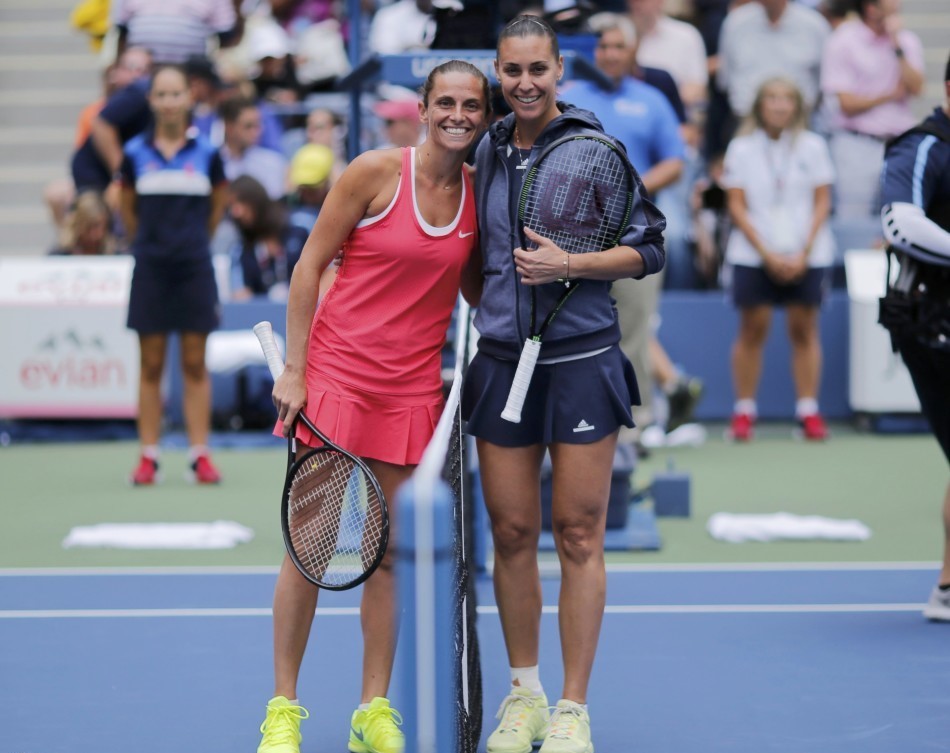
This mindset echoes the insights of the ancient Greek philosopher Epicurus: "Those who are content are the richest." Tennis analyst Steve Flink once reflected, "Can the 25th title really change Djokovic's historical status? He should already be regarded as the greatest in men's tennis." This reminds us that the standards for historical evaluation are often calibrated only after the legends have taken their final bows, while the current pain of players often stems from self-imposed, constantly shifting benchmarks. If Serena could have been as at peace after her US Open defeat as Djokovic, seeing her achievements as a monument rather than a starting point of regret, she might not have fallen into a prolonged slump and could have faced the challenges of returning after childbirth with greater composure. The 2015 US Open final ultimately featured two Italian veterans, and Vinci was unable to continue her magic; being the runner-up became the pinnacle of her career. This is a bitter metaphor of fate: the obsession with destroying giants can be more destructive than the goals not achieved; and true legends understand the importance of looking back at the light of their path while climbing.
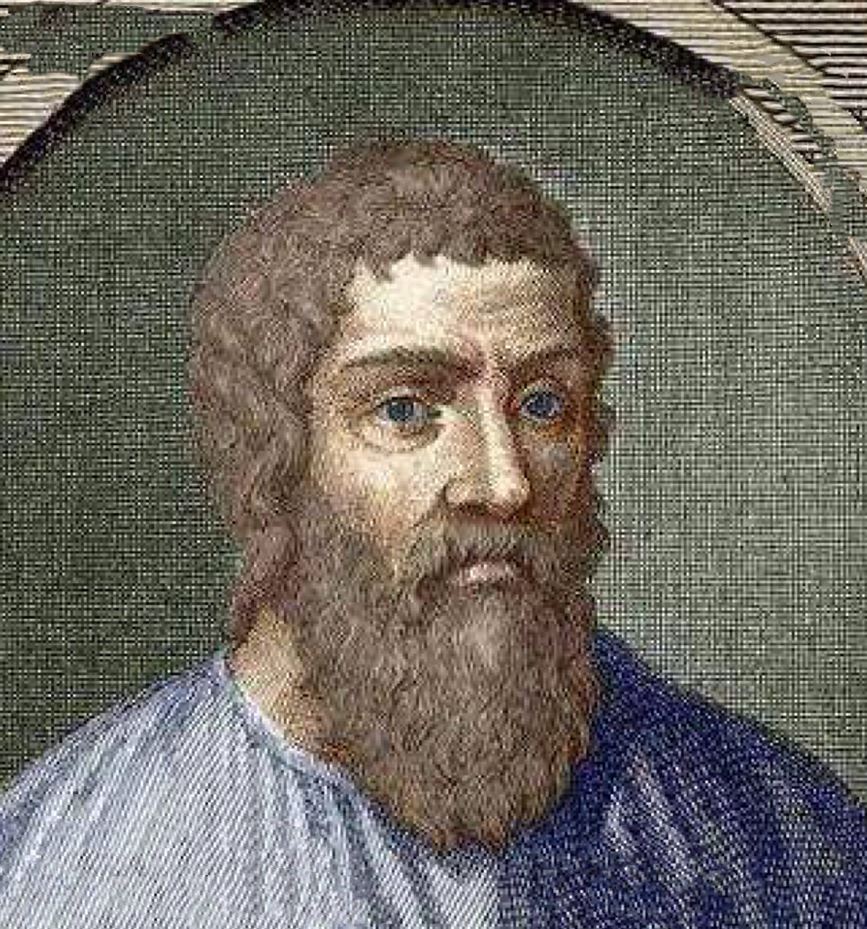
When Djokovic pressed the gold medal to his chest at the Paris Olympic Village, he murmured, "This feeling surpasses everything I ever imagined." What surpasses imagination may not just be the weight of the medal, but the ability to still retain the pursuit of one's original intention after a long wait and multiple failures, as well as the wisdom to find balance between peaks and valleys. Serena's tearful figure at Flushing Meadows has become an eternal specimen in the history of professional tennis—warning of the dual-edged nature of desire.
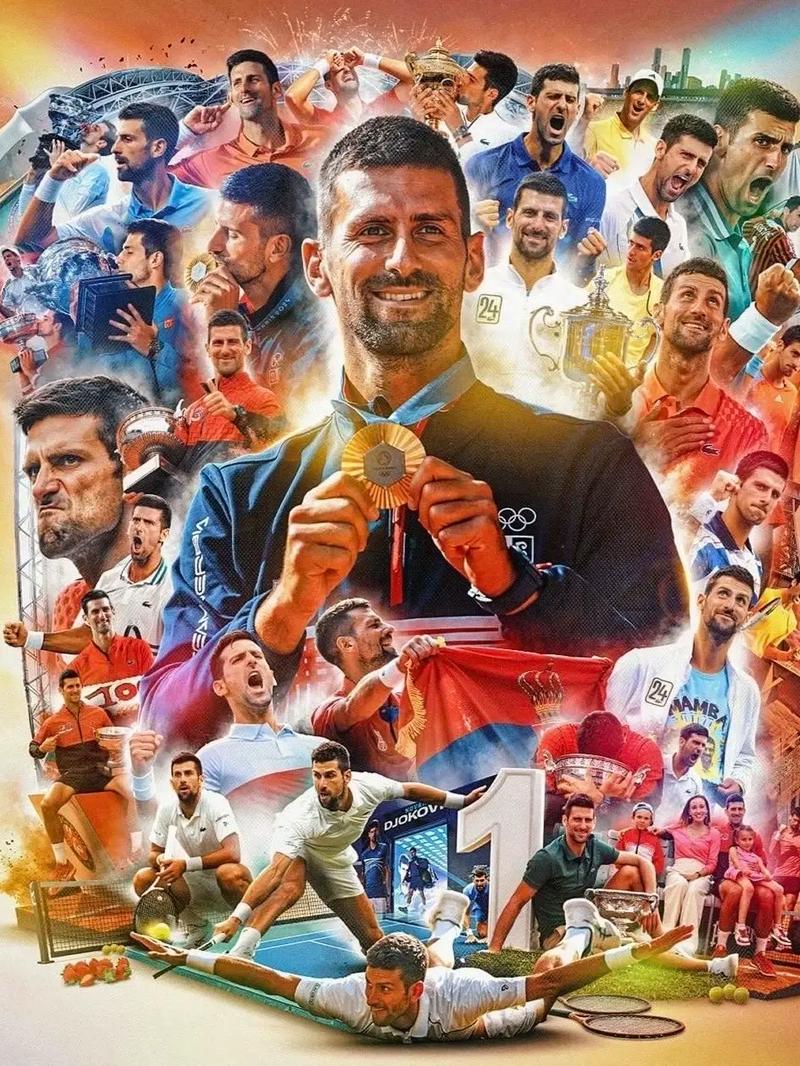
Six years apart, the two marked a scale for future generations on the balance of gains and losses: true greatness lies not only in conquering opponents and setting records but also in achieving a difficult yet graceful reconciliation with the insatiable desires within. Djokovic's calm smile when faced with the question of "Should I give up?" is the most vivid interpretation of this art. On the court, the new generation of champions has already lifted their trophies, and the wheels of history thunder forward; yet the heart's journey of legends continues to resonate, reminding later generations: the victories and losses in tennis will eventually fade, the shine of trophies will dim, but the posture chosen when facing time, losses, and one's limits—the gratitude held in struggle, the burning passion in aging, and the clarity in cherishing what has been achieved despite the regrets of what remains unachieved—can become an indelible light that illuminates the paths of countless successors through the river of time. This light is closer to the essence of this sport, and even life, than any championship record. (Source: Tennis Home, Author: Xiao Di)







 Links
Links
 Contact
Contact
 App
App


